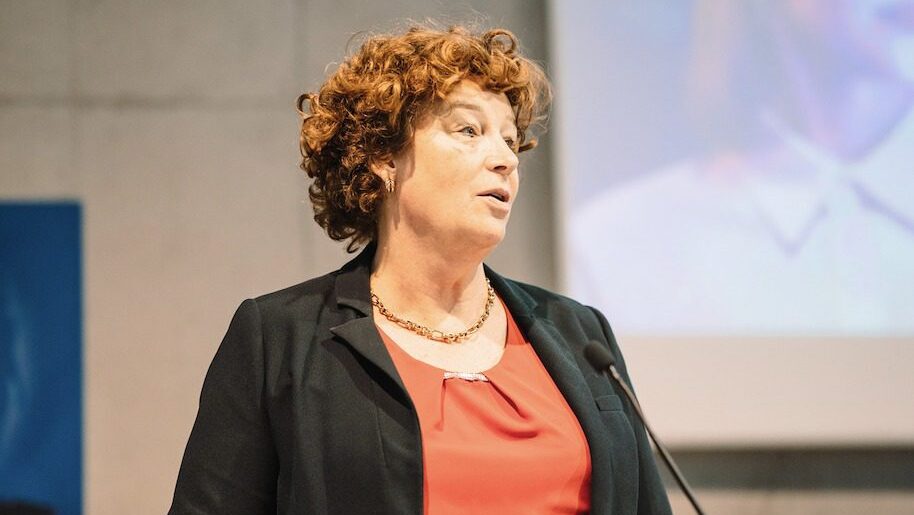
On Friday, May 12th, Deputy Prime Minister Petra De Sutter (Groen) received the go-ahead from Belgium’s core cabinet to “bring clarity” to the government’s relationship with postal service Bpost, of which it owns half of all shares.
In early May, the Minister of Public Enterprises suffered embarrassment when it was revealed that two cabinet employees had been on Bpost’s payroll for two years, as they had effectively been ‘loaned out’ to De Sutter’s cabinet.
The scandal widened when news leaked out that one of these, Catherine Wijnants, had participated in contract negotiations with the government, which might have constituted a conflict of interest.
During these, she allegedly had lobbied the government not to pursue a large slash of its funding of the company, meant to help with its newspaper distribution.
Leaked WhatsApp messages between De Sutter’s cabinet and Bpost’s top leadership were revealing. Tirez, Bpost’s CEO, had messaged Van Raemdonck, the deputy prime minister’s chief of staff, after Tirez found out that Bpost, of which the Belgian government owns half of all shares, would receive €60 million less for their newspaper distribution.
These concerns were then relayed to Bpost-employee-turned cabinet minister, Wijnants. After negotiations, the Belgian Government decided not to pursue the expectedly large cut, and instead granted Bpost €150 million per year (instead of the customary €160 million).
At the time, De Sutter’s spokesperson argued that “these exchanges only show the professional links that exist between (De Sutter’s) cabinet and Bpost, in which requests for information and clarification are normal.”
The two Bpost employees have since returned to the postal company, since they could “no longer perform their duties” over “suspicions” cast on their persons, the minister explained on May 9th.
Following this, De Sutter asked the Belgian government for a mandate to prevent similar scenarios in the future.
With that mandate now granted, the minister will reserve “more control and more expertise” for the government, and not allow staff from publicly listed companies, such as Bpost, to be assigned to its cabinets. “The risk of a conflict of interests is too great,” she noted.
Among other things, in the future, she wants the government’s administration to exert more influence, for example by having its in-house experts follow up on all dossiers pertaining to Bpost. That way, there would be no need to call on Bpost to furnish the cabinet with its own.
Federal regulatory body BIPT would also be given a more prominent role. “The government could urge BIPT to monitor Bpost more stringently than it currently does. Its role as a regulator can be strengthened,” De Sutter explained.
As agreed previously, starting in 2024, the government’s shares in Bpost would be managed by investment firm FPIM and no longer by the Minister of Public Enterprises (i.e. Petra De Sutter).
FPIM would then “examine the contents of the management agreement. That centralization [process] is currently being prepared and has been sped up,” the minister noted.
In addition, a charter will be drawn up which would put “in concrete terms” what defines “proper management” between government and publicly listed companies.
